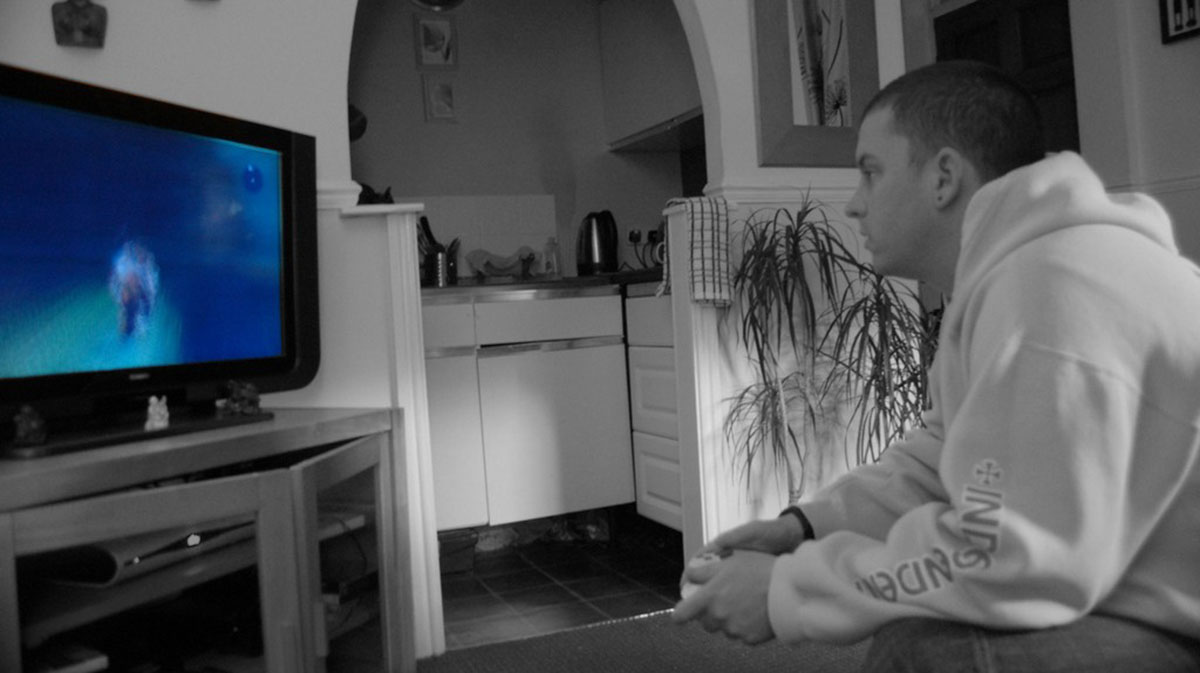Anxiety is an unpleasant but normal part of life, and the teenage years are especially scary. What is anxiety, and why is it so common in teens? What can parents and teens do to cope?

What Is Anxiety?
Anxiety is a mood or a state of mind. Different organizations define anxiety in different ways, but to keep things simple, we'll define it as any worry, fear, sense of impending doom, or intrusive thoughts relating to the future.
Anxiety is a perfectly normal part of the human condition — almost everyone deals with it occasionally. People may feel anxious about the near future ("What will peers think of me at my new school?", to name one example), about the distant future ("If I don't perform well on that test, I will be homeless at 50"), or about their identities or sense of self ("I don't know who I am and what my place in the world is").
Children, teens, and adults all experience anxiety, usually in response to an identifiable trigger — like meeting new people, a job interview, an exam, or performance in a sport.
Anxiety as a regular phenomenon is different from an anxiety disorder, which the Diagnostic and Statistical Manual of Mental Disorders defines as "excessive anxiety and worry" that may be about any number of things, and which interferes with your daily functioning over a long period of time.
If your anxiety is not bad enough to be a diagnosable problem, it can still have a big impact on your life and how you feel about yourself.
How Does Anxiety Manifest in Teenagers?
Teenagers grapple with some of life's biggest questions. If you go by psychologist Erik Erikson's stages of development, their role at this stage of life is "identity vs role confusion" — a task that leads to pondering like:
- Who am I? Who am I meant to be?
- What are my purpose and my role in the world?
- How am I unique? Am I weird?
Teenagers are just a few short years away from adult life, something that can be exciting but also terribly scary. Common topics for teens to get anxious about include study and their future career goals, their emerging sexuality and dating life, their relationship with their parents, and fears about living on their own and making money.
Teenagers think deeply. They have a very well-developed amygdala — the part of the brain that processes feelings — but their frontal cortex, the part responsible for rational thought, is not fully matured yet, and won't be until they are about 25. This makes teens uniquely vulnerable to stress. Rumination, which is uncontrolled scary thoughts about big or small things, is common.
The fact that life is big and scary is at the forefront of teens' minds, and anxiety inevitably ensues.
Anxious teens may:
- Find themselves unable to sleep and get tired easily.
- Be unable to focus on academic achievement as they worry about failing.
- Constantly be "on edge" and restless.
- Take their fears out on friends, parents, or siblings, lashing out verbally.
- Internalize their fears, stewing over them as the fears build up without talking about them.
Some teens who feel anxious have an anxiety disorder. They may benefit from therapy and even anti-anxiety medication. For many, feeling anxious is a part of life they need to learn to manage. Parents have a role to play in that process. This is why parent-teen communication is so important — teens, talk to your folks because they care about you, and parents, reach out to your teens if you see them struggling.
What Can Teens Do to Manage Teenage Anxiety?
Teens who feel anxious can:
- Reach out to a parent or trusted adult. Ask for advice. Ask to hear about their experiences. The perspective of someone who has learned to cope with life's fears can be valuable.
- Talk about your anxiety. Sometimes, worries seem more manageable when they are out in the open. Don't bottle your feelings up, but let them out.
- Journaling can help with this too, as it gets the thoughts out without having to share them with others.
- Go out and spend time in nature.
- Help someone who needs you. This is good for the person you're helping, and makes you feel useful and competent.
- Acknowledge the anxious thoughts. Don't push them away. Just recognize that you are feeling worried and scared, and don't necessarily do anything else with that.
What Can Parents Do to Help Anxious Teens?
Parents can:
- Talk about times when their teen was scared of failing, but succeeded anyway.
- Be supportive. Acknowledge the anxiety exists.
- Point out that these feelings are a normal part of life and the teen is not alone.
- Engage the teen in activities to bring the focus outward, so the teen spends less time ruminating and more time experiencing life.
If you are worried that your teen's functioning is negatively impacted by the anxiety, the worries are excessive in relation to the stressors they experience, and you aren't able to handle the situation yourself, reaching out for therapy might be the best option. Some teens will be diagnosed with anxiety disorders, like generalized anxiety disorder or social anxiety disorder. Others can simply benefit from working through their worries.
- American Psychiatric Association. (2013). Diagnostic and statistical manual of mental disorders (5th ed.). https://doi.org/10.1176/appi.books.9780890425596
- www.nhs.uk/mental-health/conditions/generalised-anxiety-disorder/overview/#:~:text=Anxiety%20is%20a%20feeling%20of,medical%20test%20or%20job%20interview.
- www.nimh.nih.gov/health/publications/the-teen-brain-7-things-to-know#:~:text=The%20teen%20brain%20has%20lots,the%20brain%20mature%20and%20learn.

